Tens of thousands of climate protesters gathered in Midtown Manhattan on September 17, kicking off Climate Week as President Joe Biden arrived in New York to speak at the United Nations General Assembly. These protests—some of the biggest since before Covid—had a pointed message, largely directed at Biden himself: End fossil fuels.
The Biden administration has passed historic climate legislation through the Inflation Reduction Act, which seeks to create clean energy jobs, increase investments in renewables and build infrastructure to support resilience in communities most vulnerable to the climate crisis.
At the same time, however, oil and gas production are still expanding. This year, the US exported a record amount of petroleum, and was also the biggest liquefied natural gas exporter in the world. The Biden administration also greenlit the ConocoPhillips Willow Project, a new oil drilling venture in Alaska (Vox, 9/8/23).
Meanwhile, the scientific consensus is straightforward—and bleak. We are at imminent risk of surpassing the internationally agreed-upon threshold of 1.5°C above pre-industrial levels. The Intergovernmental Panel on Climate Change’s 2023 report warned that global emissions need to be cut by almost half by 2030 if we are to meet this goal. The planet’s current 1.1°C increase has already led to more frequent and deadly severe weather across the globe.
The urgency with which we need to bring down emissions is clear. Still, news media muddy the waters, encouraging public apathy by focusing on protesters’ tactics at the expense of their demands.
Bloomberg missing the point

Bloomberg (9/16/23): “Marches—even quite large ones—don’t always get widespread media coverage.”
Previewing the demonstrations, Bloomberg’s “The Big Climate March Returns in an Era of Soup-Throwing Protests” (9/16/23) spent more time analyzing the psychology behind different forms of demonstration than the dire consequences if protesters’ demands are not met.
The piece compared traditional climate marches to more disruptive, but still nonviolent direct action tactics utilized by groups like Extinction Rebellion, Just Stop Oil and Blockade Australia in recent years. Across the world, demonstrators have taken to blocking roads and airport runways, overrunning billionaire-frequented Hamptons destinations, deflating SUV tires, gluing themselves to various surfaces—including the US Open tennis court—and, yes, throwing tomato soup on (glass-protected) Van Gogh paintings.
The piece outlines why many activists feel they need to engage in more extreme demonstrations to gain more attention—by citing a problem it is complicit in:
The rise of disruptive protests is, in part, a reaction to the feeling among some activists that traditional mass actions aren’t effective. Marches—even quite large ones—don’t always get widespread media coverage, limiting their usefulness in garnering attention.
The piece demonstrates just how to perpetuate that problem, offering only one paragraph on protesters’ demands, in the form of a quote from local youth activist Bree Campbell:
“We’re marching to make clear to President Biden that we expect him to uphold his campaign promise for him to be the climate president that we elected,” says Campbell. Those taking part want him “to stop approving fossil fuel projects and leases, phase out fossil fuel production on public lands and waters, and to declare a climate emergency so that he could halt crude oil exports and investments in fossil fuel projects abroad.”
Beyond this statement, there is no acknowledgement of the reality that these demands are not only urgent, but in line with scientific consensus and the UN’s Paris Agreement. Instead, Bloomberg moves on to questioning mass protest marches’ ability to change policy, relying on the expertise of cognitive psychologist Colin Davis, a protest researcher at Britain’s University of Bristol.
“We had 2 million people on the streets [in the UK in 2003], protesting against the invasion of Iraq,” he said. “Obviously, it happened anyway, despite the people coming out against it.”
Davis cited a similar dilemma with Brexit.
The piece would have benefited from some introspection: News media played a crucial role both in disseminating government lies about nonexistent Iraqi weapons of mass destruction that ratcheted up support of the war, and in framing Brexit as a popular anti-establishment rebellion (FAIR.org, 3/22/23, 10/15/21).
Bloomberg spent considerable time analyzing and pathologizing climate activists’ strategies by comparing their movement to the ostensible efficacy of others—including Black militant movements of the 1960s. Yet it spent almost no time explaining the life-threatening conditions that caused activists to develop these strategies in the first place.
Crucial connections

Bloomberg‘s report (9/17/23) on the march ahead of the UN meeting followed the pattern of marginalizing protesters’ demands.
After this pre-event article lamented that large-scale marches often don’t receive enough media coverage, a follow-up piece offered only a short recap, which also did not elaborate on why and how quickly we need to tamp down our fossil fuel use (Bloomberg, 9/17/23).
Despite its point that traditional marches usually garner less media attention, Bloomberg also failed to spell out this crucial connection during a more “disruptive” protest. When the Just Stop Oil protesters threw soup at Van Gogh’s famous Sunflowers painting in 2022, the outlet (10/14/22) covered the demonstration in detail, being sure to specify the brand of tomato soup thrown at the painting, and where and when Van Gogh painted it. Yet it did not acknowledge the existence of a climate crisis, or fossil fuels’ central role in it.
Failing to clearly spell out the connection between protesters’ actions and the existential threats behind them leads to the framing of their demonstrations as merely symbolic at best and hysterical at worst. In reality, these protesters’ demand to end fossil fuels is concrete and in line with scientific consensus.
If the media avoid making these clear connections, it won’t matter what tactics protesters use.
The post Bloomberg Muddies Climate Protests’ Vital Message: End Fossil Fuels appeared first on FAIR.
This post was originally published on FAIR.



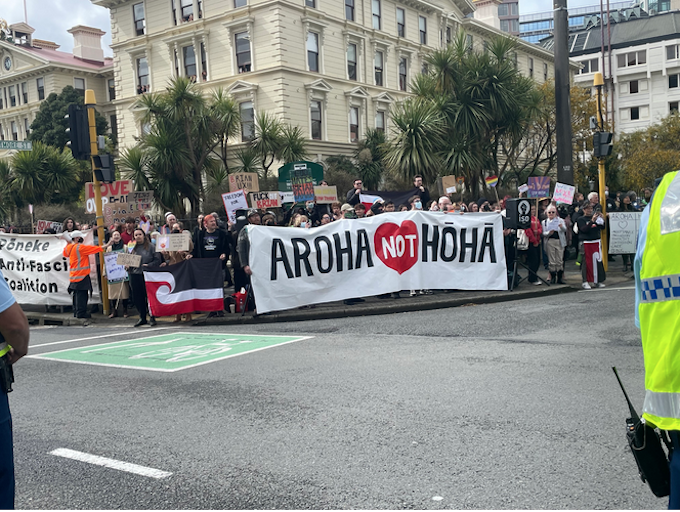




 (@FrankDoe101)
(@FrankDoe101) 
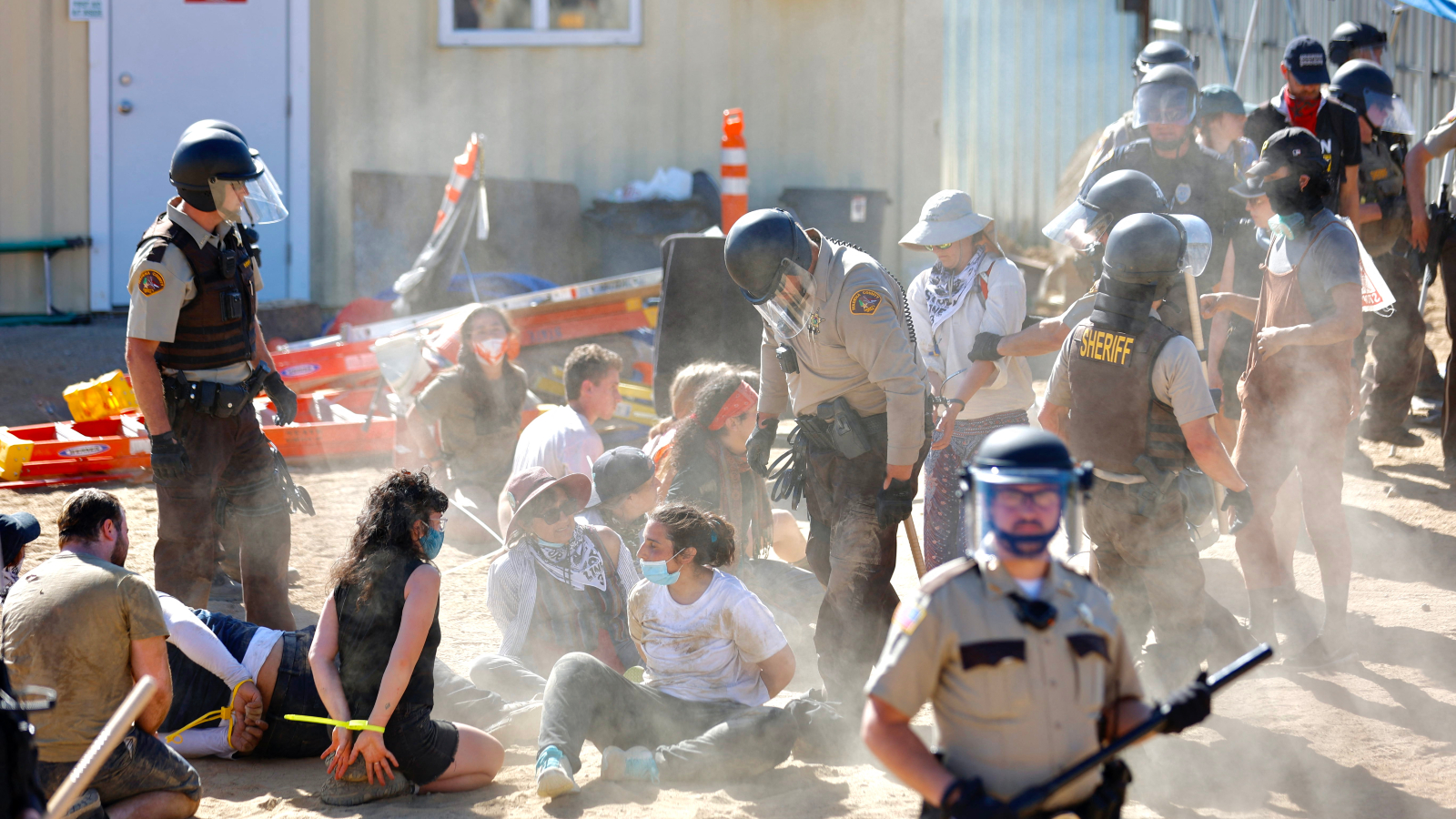

 TWO WEEKS OF RESISTANCE
TWO WEEKS OF RESISTANCE 


 Check out the full list of events:
Check out the full list of events:





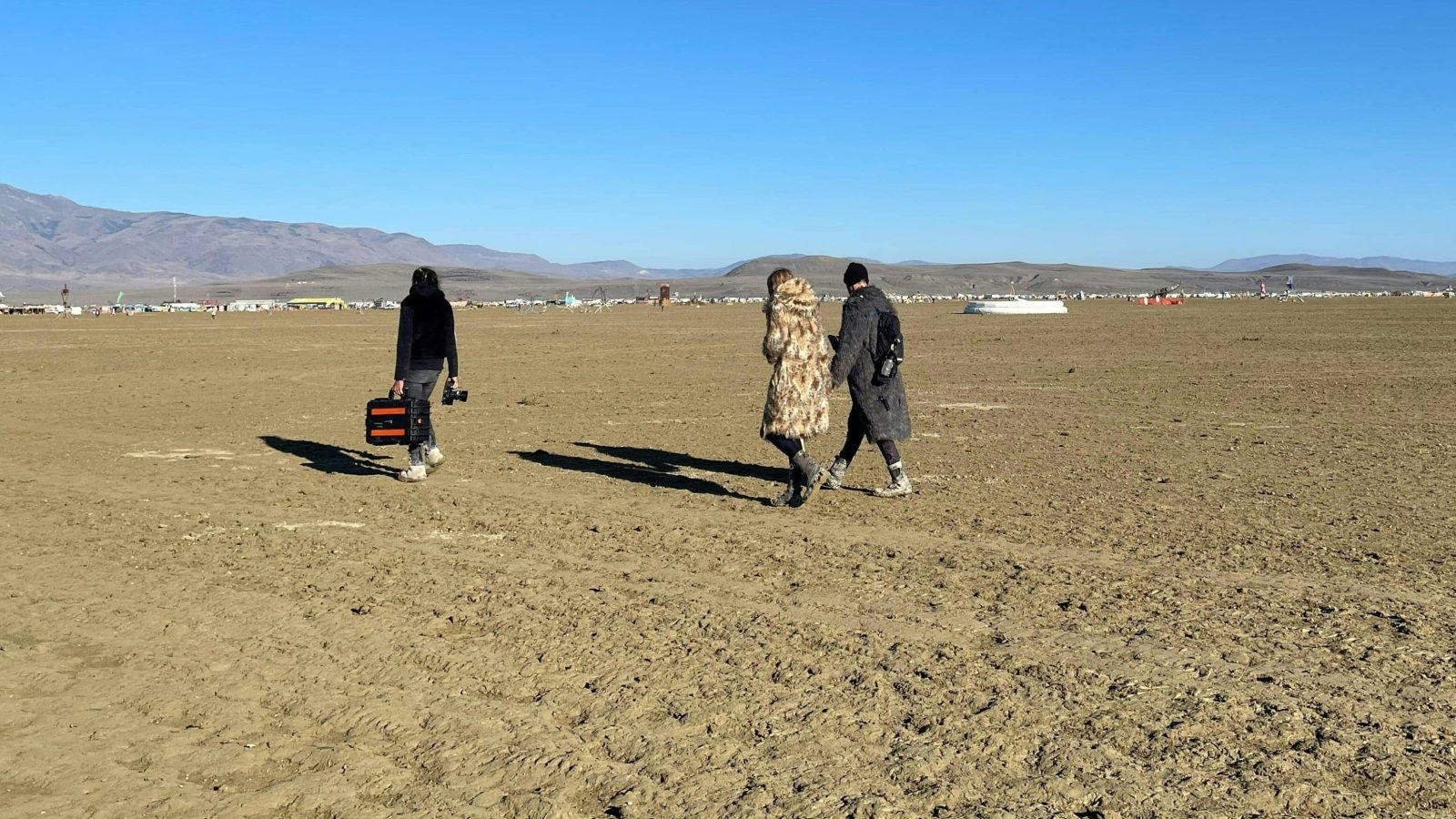
 10-11am 4 Sept
10-11am 4 Sept


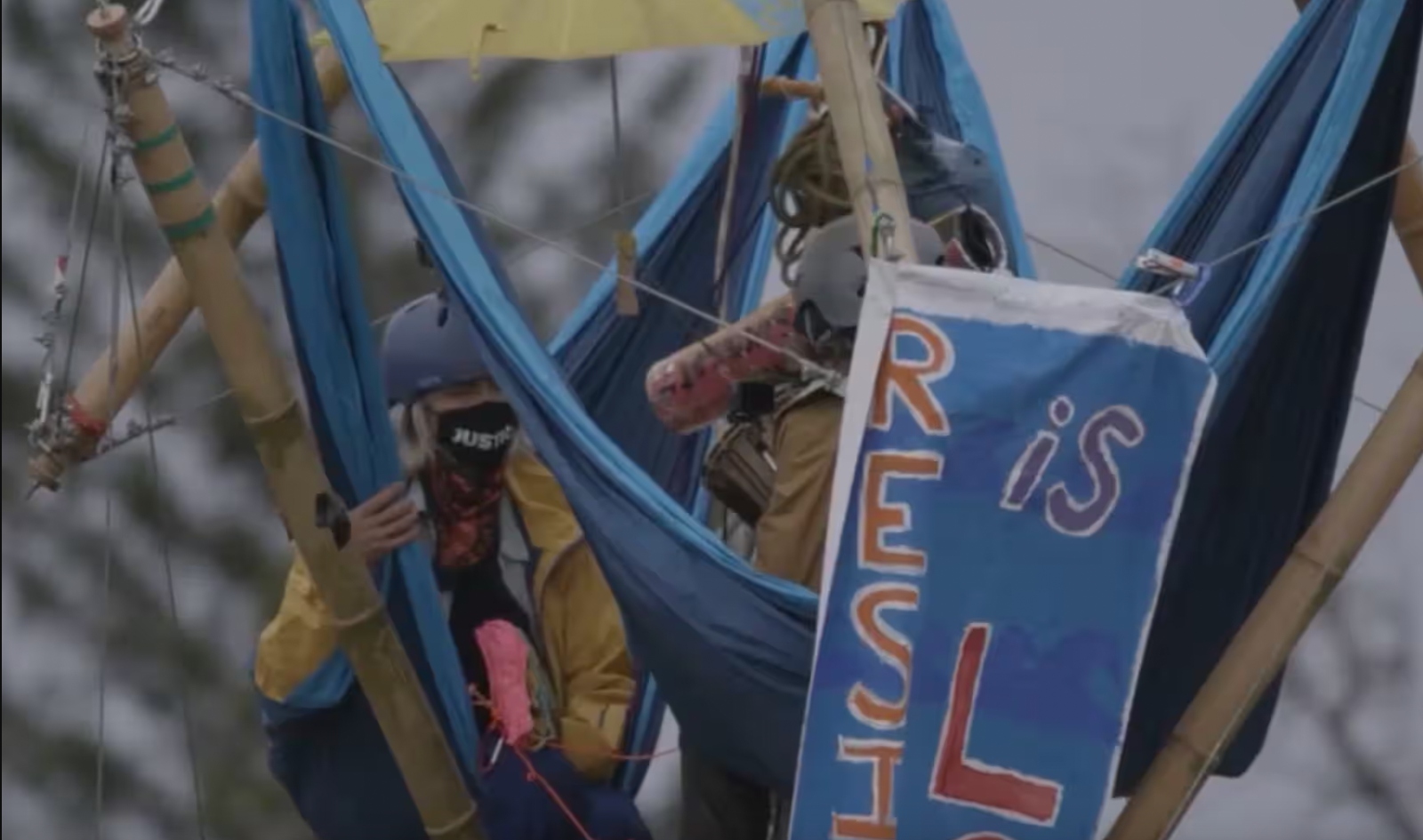
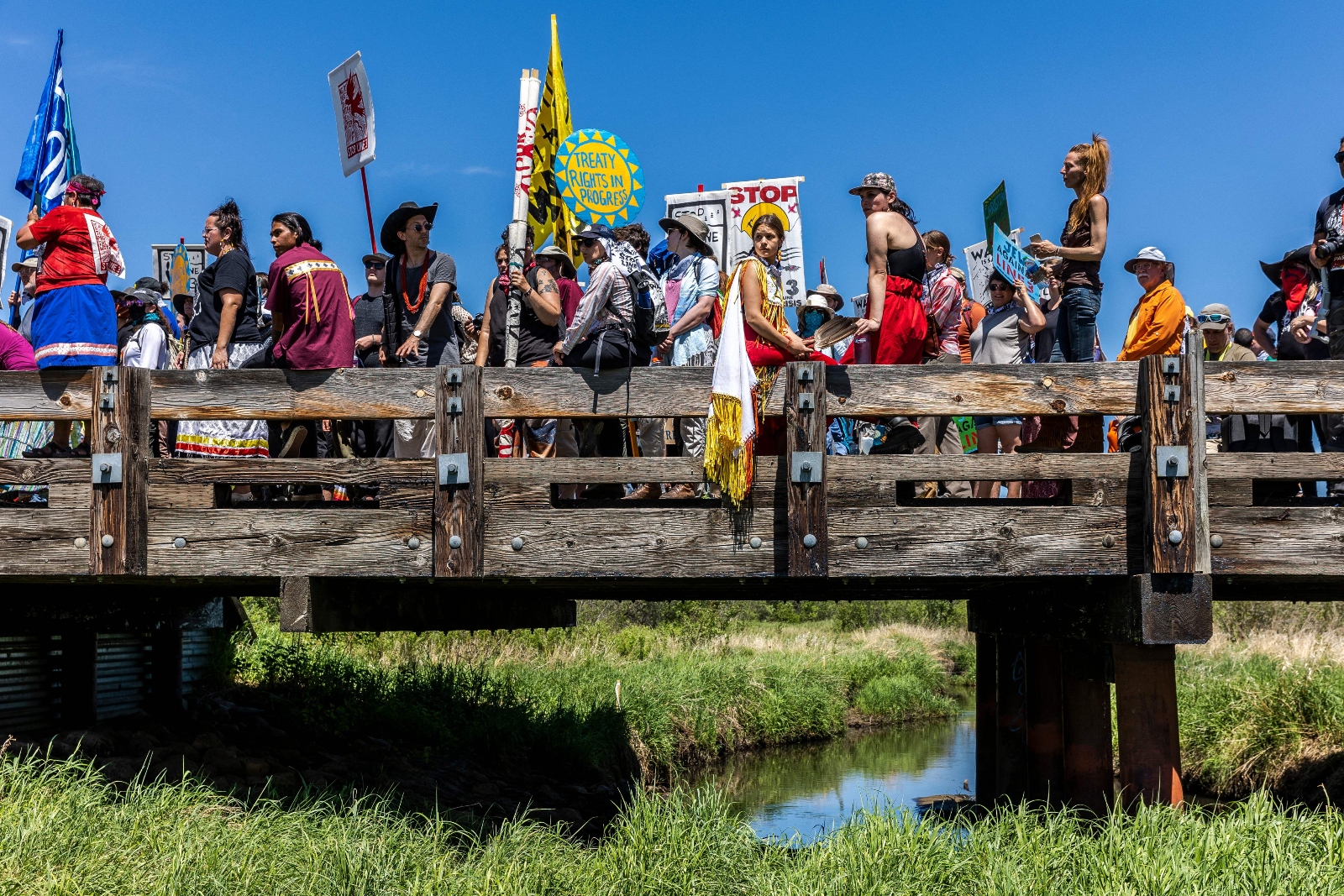




 We are organising a coach from
We are organising a coach from 
 Thursday, August 31st 2023
Thursday, August 31st 2023 
 (@imageplotter)
(@imageplotter)